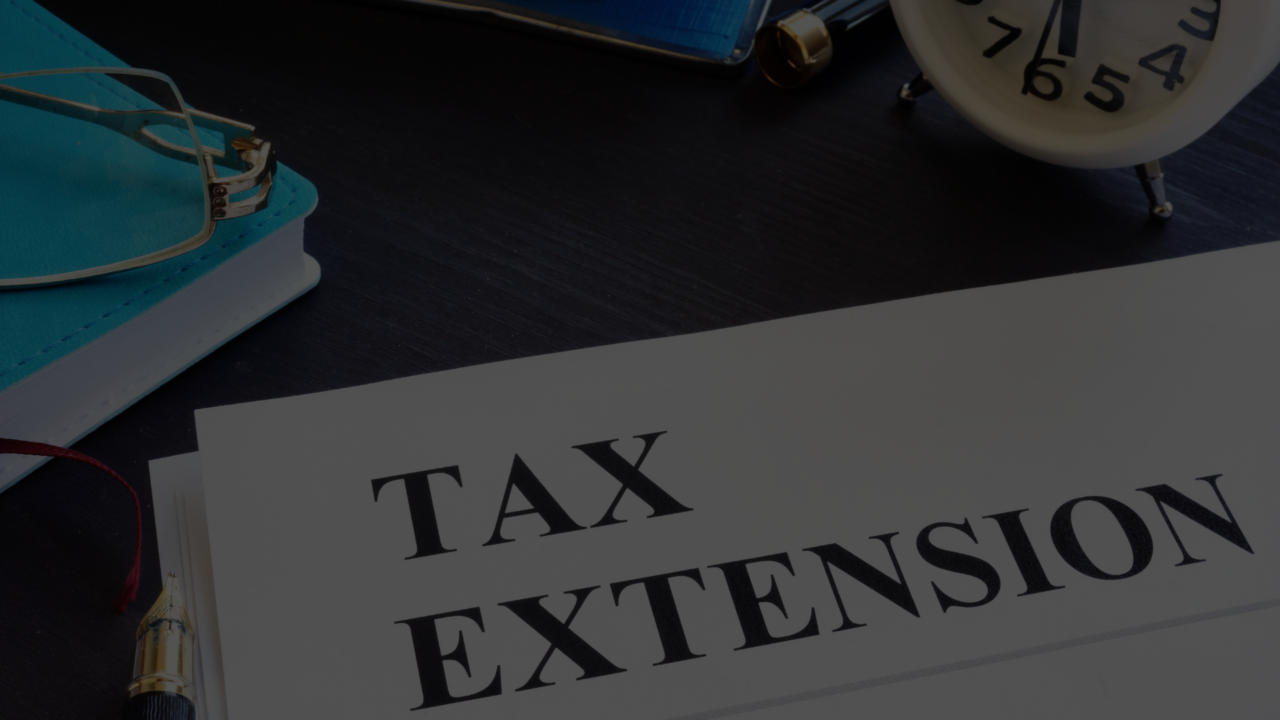Hint: it’s not just the elderly and/or wealthy. Creating an estate plan is often overlooked, but it’s an essential step in safeguarding your assets, your loved ones, and your wishes. While many associate estate planning with certain groups of people, the truth is everyone can benefit from having a plan. Here’s a breakdown of who needs an estate plan and why.
1. Young Adults Starting Out
Turning 18 means becoming a legal adult. Even if you don’t own much, having a healthcare directive and power of attorney (POA) ensures someone can make decisions for you in case of emergencies.
2. Parents of Minor Children
If you have kids under 18, estate planning is essential to:
- Appoint a guardian to care for your children.
- Establish a trust to manage inheritance responsibly.
3. Homeowners and Asset Owners
Owning property, investments, or savings means you need a will or trust to ensure these assets are distributed according to your wishes.
4. Recently Married or Divorced Individuals
Major life changes like marriage or divorce require updating:
- Beneficiaries on accounts or insurance policies.
- Your will or trust to reflect new relationships.
5. Families with Special Needs Dependents
Estate planning can include creating a special needs trust to protect your dependent’s eligibility for government benefits while providing for their care.
6. Business Owners
Business succession planning ensures your company can operate smoothly or be transferred according to your wishes after you’re gone.
7. High Net-Worth Individuals
If you have a large estate, planning is critical to minimize estate taxes and protect wealth for future generations.
8. Aging Adults (50+)
As retirement nears, creating or updating an estate plan is vital to manage healthcare, assets, and long-term care needs.
When Should You Start?
The best time to start estate planning is now—especially if you have dependents, assets, or specific wishes about your healthcare. Waiting too long could leave your family to navigate legal and financial complexities without clear guidance.
Key Elements of an Estate Plan
- Will: Specifies distribution of assets and guardianship.
- Trusts: Helps manage assets, minimize taxes, and avoid probate.
- Healthcare Directive: Outlines your medical care preferences.
- Power of Attorney: Designates someone to make financial/legal decisions if you’re incapacitated.
- Beneficiary Designations: Ensures accounts and policies go to the intended recipients.
Estate planning isn’t just for the wealthy or elderly—it’s for everyone. Whether you’re starting your career, raising a family, or enjoying retirement, a well-crafted estate plan is the best way to protect your loved ones and your legacy.
Need Assistance?
Contact us today to get started on your estate planning journey so you can protect your legacy.




